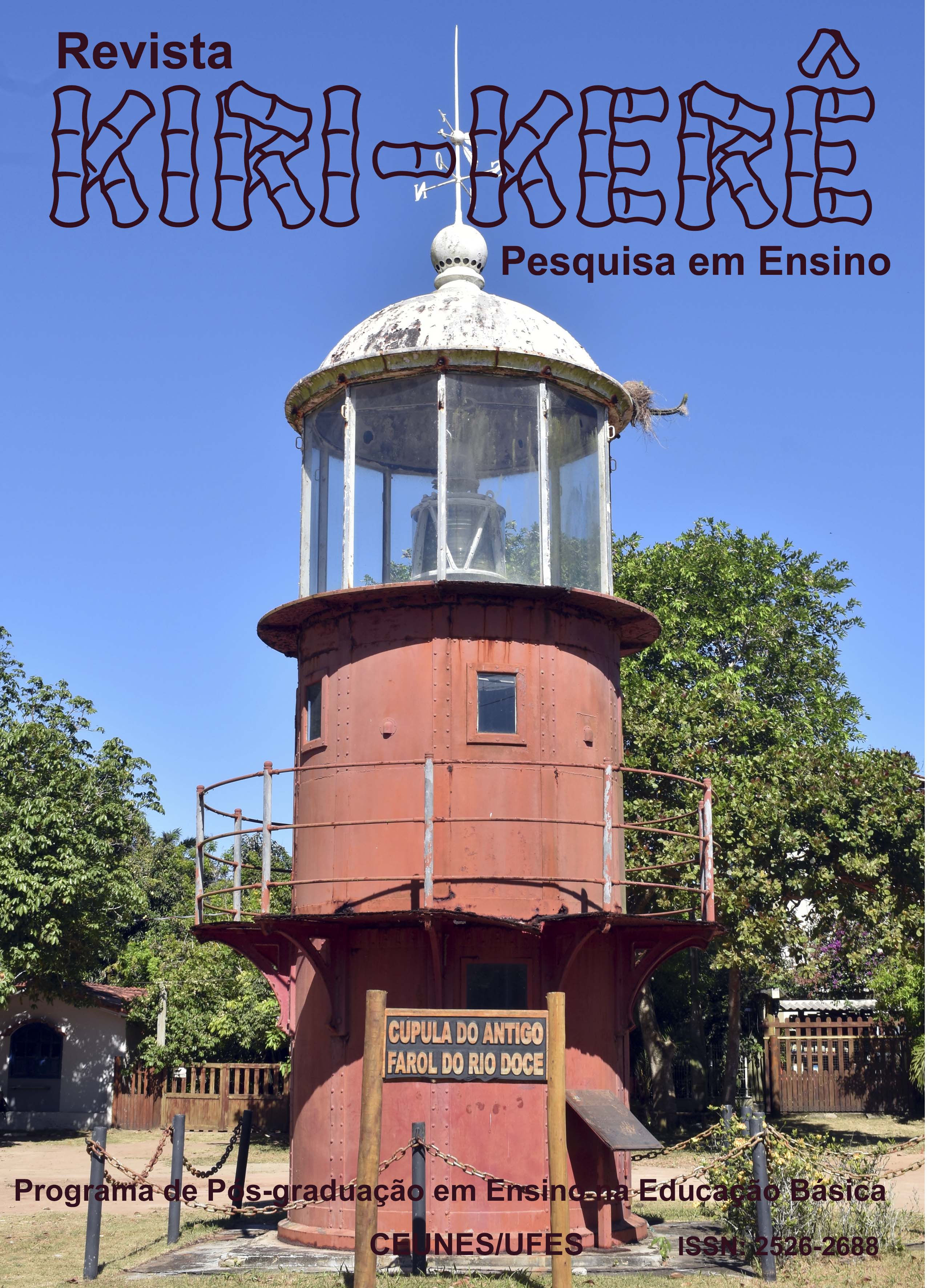Espelho, espelho meu… permite ver-me além do meu eu?
A cultura como determinante para a construção de estereótipos, do preconceito e de novas subjetividades no contemporâneo
DOI:
https://doi.org/10.47456/krkr.v1i22.45557Palavras-chave:
Obesidade; Novas Subjetividades; Mal-estar; Cultura; Construção de Estereótipos; PreconceitoResumo
Esse artigo objetiva discutir os fenômenos acerca do ideal de perfeição do corpo construído pela cultura contemporânea e analisar à luz do pensamento de Freud, Adorno e Horkheimer como a relação do indivíduo com a cultura podem oferecer subsídios para a compreensão de como a produção de estereótipos anunciam formas de violência como o preconceito e bullying. Trata-se de um estudo bibliográfico com base nas pesquisas e elaborações de Freud, Adorno, Horkheimer, de autores contemporâneos como Christopher Lash, Jurandir Costa Freire, Naomi Wolf e Leon Crochik. O questionamento que norteia a pesquisa se inicia quando nos propusemos a pensar como as pessoas com obesidade podem ser alvo de preconceito e de bullying? O resultado da discussão aqui afiançada retrata que a falta de esclarecimento das verdades impostas por uma sociedade, a construção de estereótipos pela cultura e não oportunidade de um trabalho que permita uma autorreflexão daqueles que praticam o bullying e o preconceito. Um paradoxo se apresenta, sobretudo, por uma sociedade capitalista, que em seus mínimos detalhes, trabalha para abocanhar o sujeito, impondo-lhe uma necessidade devoradora. Nessa via, o corpo gordo pode nos revelar uma face, muitas vezes às avessas da satisfação obtida por uma ideologia de consumo e aumento das relações em que prolifera o uso da imagem de um corpo padronizado e, por vezes, pode contribuir para análises de uma cultura que impõe modalidades engessadas em ideais e termina por rechaçar as diferenças
Referências
BARBOSA. L. Tendências da alimentação contemporânea. In PINTO, M.L e PACHECO, J.K (orgs). Juventude, Consumo & Educação. Porto Alegre: ESPM, 2009.
BOLLAS, C. Psicanálise na Era da Desorientação: do retorno do oprimido. Revista Brasileira de Psicanálise. Volume 49, n.1, p.47-66, 2015.
COSTA, J. F. Violência e Psicanálise. Rio de Janeiro, Ed. Graal, 1984. Cap. V – Violência e Narcisismo. Geração AI-5.1984.
CROCHIK, J.L. Preconceito, Indivíduo e Cultura. 3ª ed. São Paulo. Casa do Psicólogo. 2006.
CROCHIK, J.L; CROCHIK. N. Bullying, preconceito e desempenho escolar: uma nova perspectiva. São Paulo. Benjamim Editorial. 2017.
FREUD, S. Três ensaios sobre a teoria da sexualidade. In: Edição Standart Brasileira das Obras Psicológicas Completas de S. Freud. v. VII. Rio de Janeiro: Imago. [1905] 1996.
FREUD, S. Totem e Tabu e outros trabalhos. In: Edição Standard Brasileira das Obras Psicológicas Completas de S. Freud. v. XIII. Rio de Janeiro: Imago. [1913]1996.
FREUD, S. Sobre o Narcisismo. In: Edição Standard Brasileira das Obras Psicológicas Completas de S. Freud. v. XVIII. Rio de Janeiro: Imago, [1914] 1996.
FREUD, S. Mal-estar na civilização. In: Edição Standart Brasileira das Obras Psicológicas Completas de S. Freud. v.XXI. Rio de Janeiro: Imago. [1930] 1996.
FREUD, S. (1919). O Estranho. In: Edição Standard Brasileira das Obras Psicológicas Completas de S. Freud. v. XVIII. Rio de Janeiro: Imago, 1996.
LASCH, C. A Cultura do Narcisismo: a vida americana numa era de esperanças em declínio. Tradução Ernani Pavaneli. Rio de Janeiro: Imago. 1983.
MARCUSE, H. Eros e Civilização: uma interpretação filosófica do pensamento de Freud. 6ª edição. Rio de Janeiro. Zahar. 1975.
ORBACH, S. Gordura é uma questão feminista: um manual de auxílio para quem come sem parar. Editora Record. 1978.
WOLF, N. O Mito da Beleza: como as imagens de beleza são usadas contra as mulheres. 19ªed. Rio de janeiro. Rosa dos tempos. 2022.
Downloads
Publicado
Edição
Seção
Licença
Copyright (c) 2024 Alessandra Lopes da Silva Macedo, Regina Celia Mendes Senatore

Este trabalho está licenciado sob uma licença Creative Commons Attribution-NonCommercial 4.0 International License.
Os autores aceitam, quando do envio de seus trabalhos, a cessão dos direitos editoriais dos mesmos.









